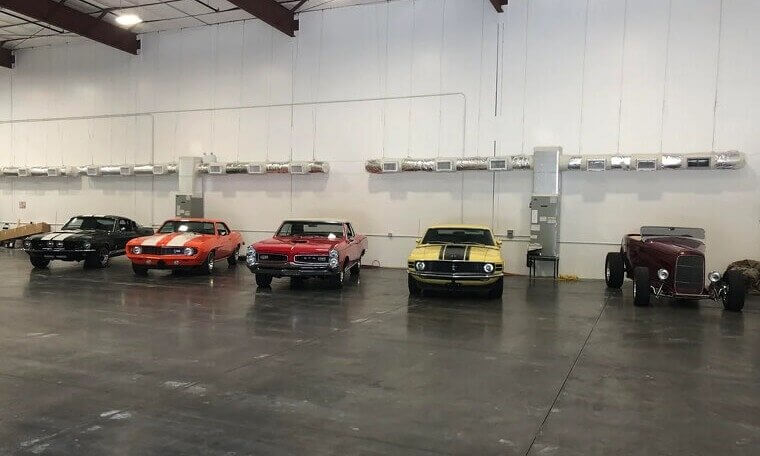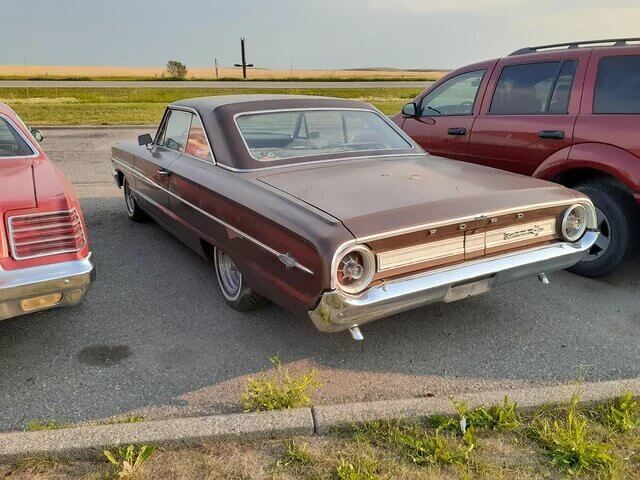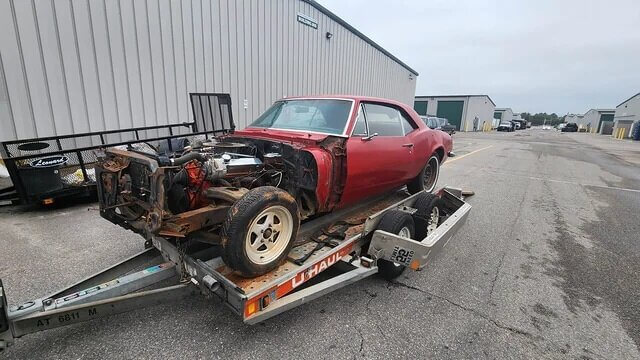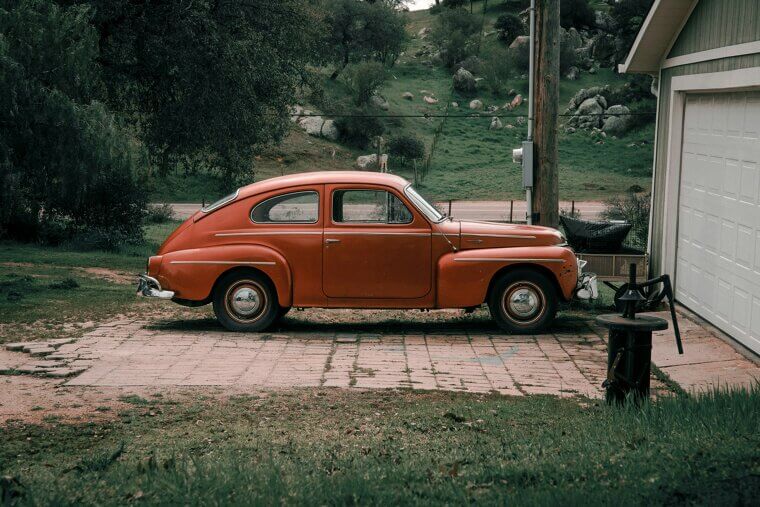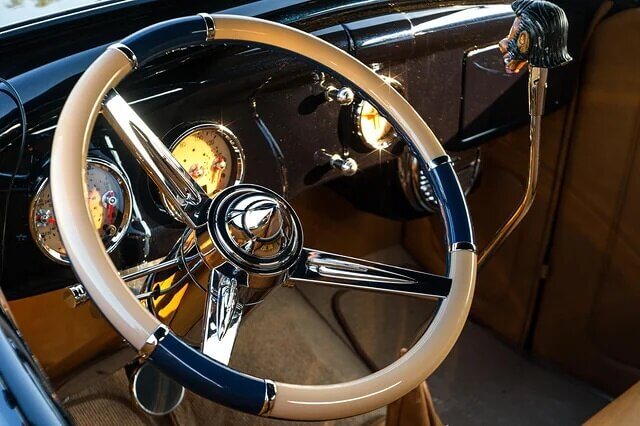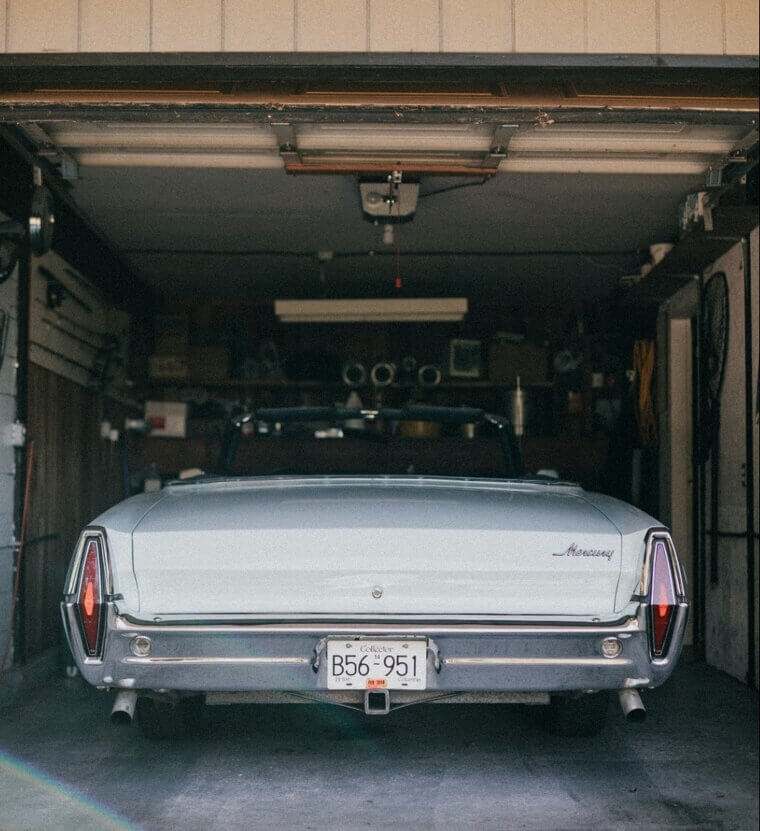Consider These Running Costs for a Classic Car Before Buying One
Are you considering buying your dream classic car? Sure, it might seem like a good idea at first - living out your childhood fantasies. But do you truly know all of the costs that come with this? If not, continue reading to uncover 6 costs you’ll need to cover to run a classic car.
Starting Price
Purchasing a vintage vehicle seems like a victory until reality sets in. Rust, worn suspension, or a wiring system that is more hunch than engineering could be concealed by its pretty appearance. After you've parked it and driven it home, that’s when the true costs begin.
Rare and Expensive Parts
Finding the original parts is both a task and (for some) a part of the appeal. Some seem to be exclusive to enthusiast forums, some are expensive, and some are elusive. Although reproduction parts are helpful, fit and quality sometimes differ more than anticipated.
High Specialist Mechanic Bills
Expert technicians charge highly because they know what they're doing. Labor expenses quickly mount up, particularly for older systems that require more attention. Although do-it-yourself projects might save money, they also need patience and a lot of time!
Awful Fuel Economy
Efficiency wasn’t a priority in the construction of vintage cars. A substantial hole in your gasoline budget and regular fill-ups are to be expected. Long trips can feel more luxurious than useful for certain engines, and some prefer premium gasoline, but that's all part of the experience, isn't it?
Insurance Skyrockets
Classic insurance isn't particularly difficult, but it's also not very common. The car's worth must be agreed upon, mileage restrictions must be followed, and storage requirements may need to be met. With all these rules, insurance starts to feel like a mortgage!
Proper Storage
Rust, moisture, and uninvited wildlife are all problems that arise when a classic is left outside. Although it's an additional expense to take into account, a suitable garage or storage facility safeguards your investment - and it’s even a “must-have” for some insurance companies!

